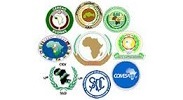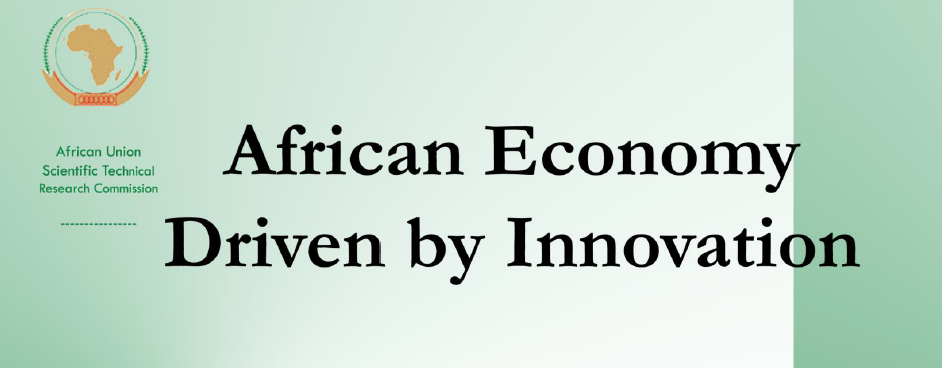Partners
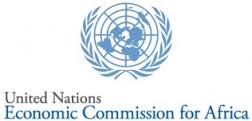
UNECA
The United Nations Economic Commission for Africa ICT and Science and Technology Division (UNECA-ISTD) emphasizes the importance of science, technology and innovation in driving economic development in Africa through Pan-African programmes like the African Innovation Framework and the Science, Technology Endowment Fund
African Technology Policy Network (ATPS)
The African Technology Policy Network is a multi-disciplinary network of researchers, practitioners and policymakers that promotes science, technology and innovation (STI) policy research, dialogue and practice, for African development.


UNESCO
United Nations Educational, Scientific and Cultural Organization contributes to peace and security by promoting international collaboration through education, science, and culture. In October 2007, UNESCO’s General Conference approved the launch of an African Science, Technology and Innovation Policy Initiative, as part of UNESCO’s contribution to Africa’s Consolidated Plan of Action which was adopted in 2005. The aim is to develop national science, technology and innovation (STI) policies for all those African countries still without one.
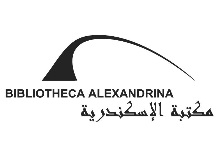
Bibliotheca Alexandrina
The Library of Alexandria was reborn in October 2002 to reclaim the mantle of its ancient namesake. It is not just an extraordinarily beautiful building; it is also a vast complex where the arts, history, philosophy, and science come together. Moreover, the myriad activities it offers have made it a place for open discussion, dialogue, and understanding.
Nigerian Environmental Society
The Nigerian Environmental Society having considered the critical era of environmental challenges globally and its indisputable impact in Africa, decided to drive the formation of the African Union Environmental Society (AUES) in collaboration with the African Union Scientific, Technical and Research Commission (AU-STRC) to provide a continental platform where African Researchers are able to respond to Climate Change impacts on the environment.

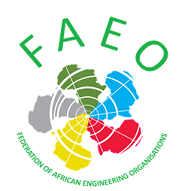
Federation of African Engineering Organisations
The Federation of African Engineering Organisations (FAEO) is recognized by international organisations as the overall leader of the engineering profession in Africa and sets out to apply engineering for the benefit of mankind as well as to serve humanity through the use of best practiced technology. To represent the engineering profession in Africa, internationally.
Egyptian Engineers Syndicate
Egyptian Engineers Syndicate has legal personality and represents Engineers who are nationals of Arab Republic of Egypt and is considered an advisory body of the State in the field of specialization and its headquarter in Cairo and has branches in the Egyptian governorates.

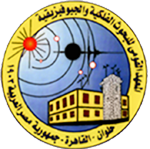
National Research Institute of Astronomy and Geophysics
National Research Institute of Astronomy and Geophysics (NRIAG) of Egypt is a national astronomical, geophysical and environmental sciences research establishment with more than 110 years of successful history. NRIAG is focused at providing the needs of researchers with, up to date, precise technologies to meet the modern scientific challenges of our fields of specialization, covering every task of astronomy and geophysics.
African Centre for Technology Studies
African Centre for Technology Studies (ACTS) is an Intergovernmental organization founded in 1988 to pursue policy oriented research towards strengthening the capacity of African countries and institutions to harness science and technology for sustainable development. ACTS envisions a sustainable economic, social and environmental future for Africa, through science, technology and innovation.


African Liver Patients Association
The African Liver Patients Association (ALPA) is a Federation for the care of patients with liver diseases in Africa. It includes all associations working in the care of patients with liver diseases in the continent.





